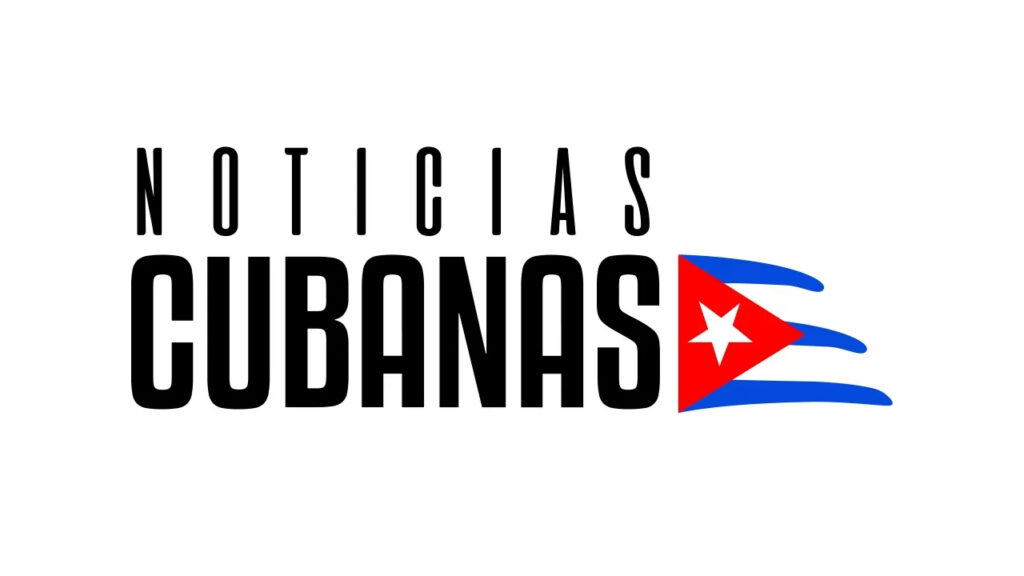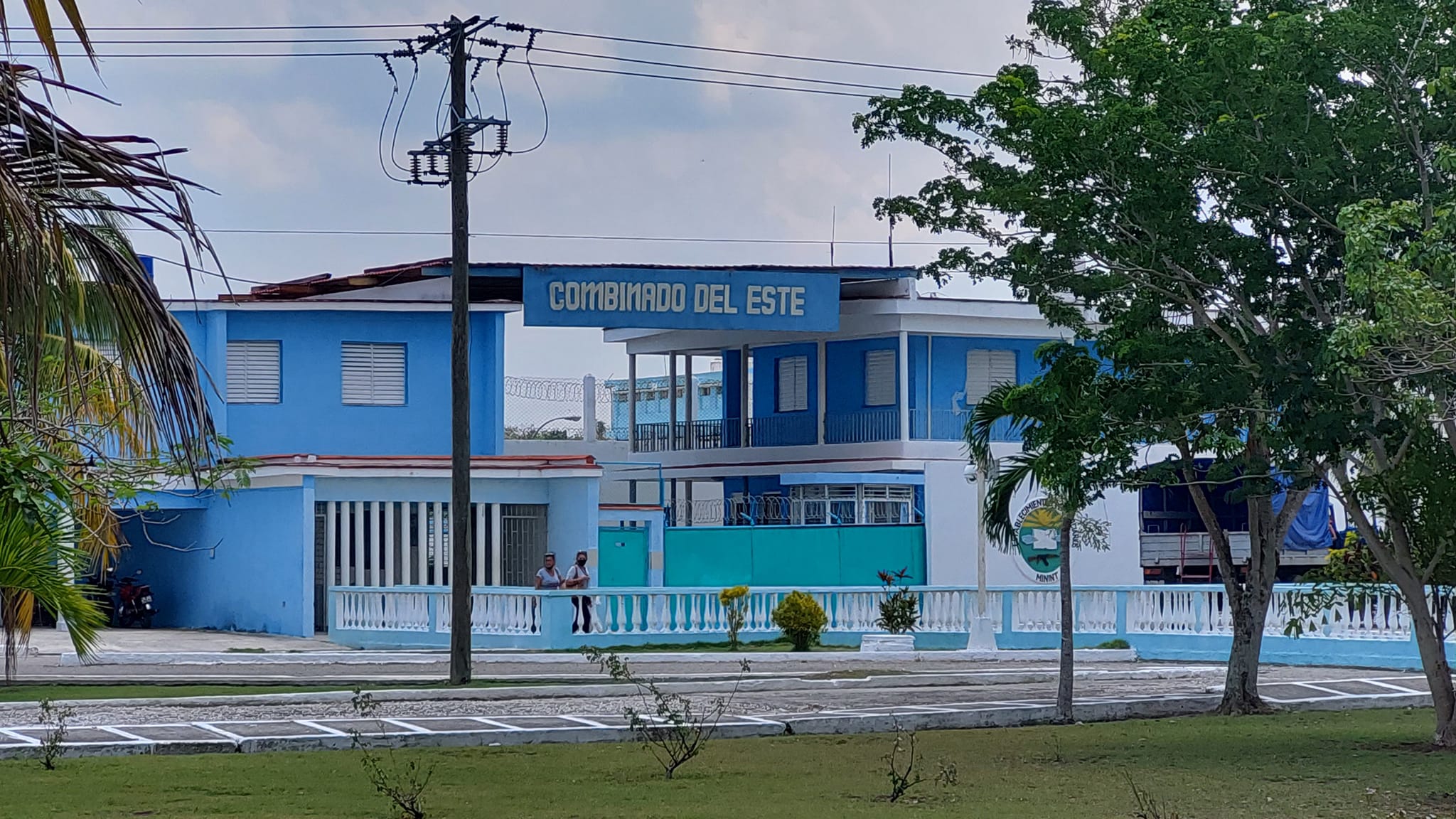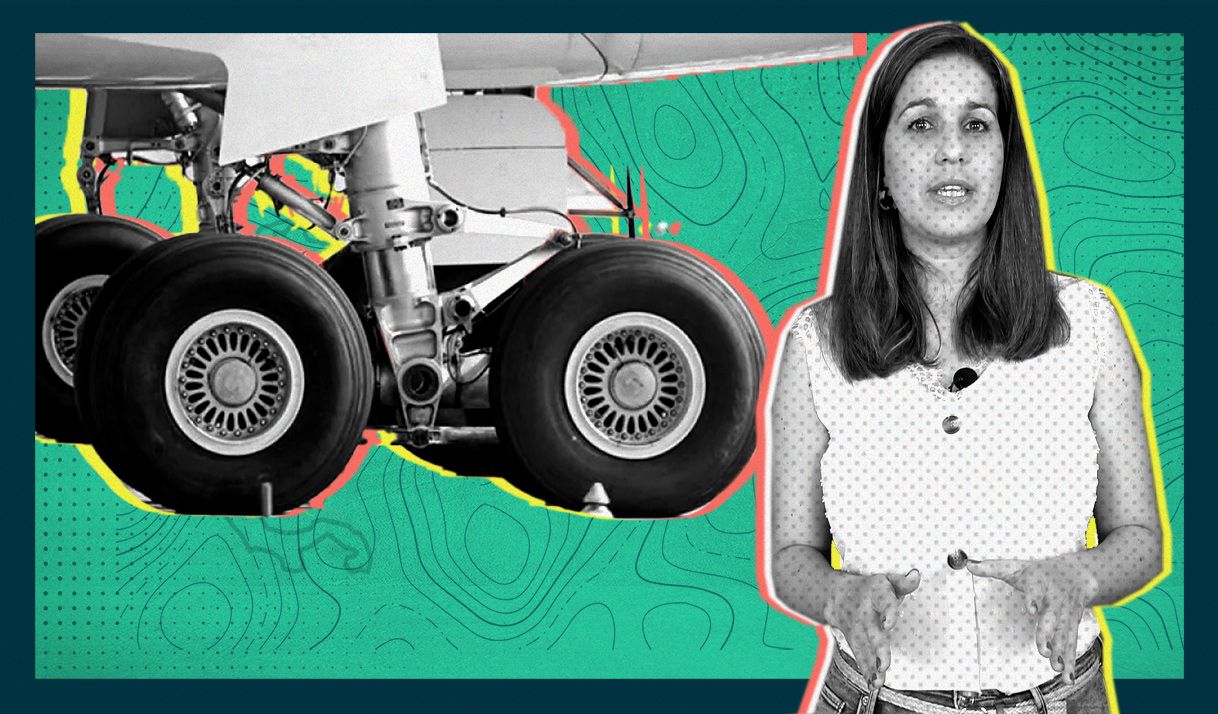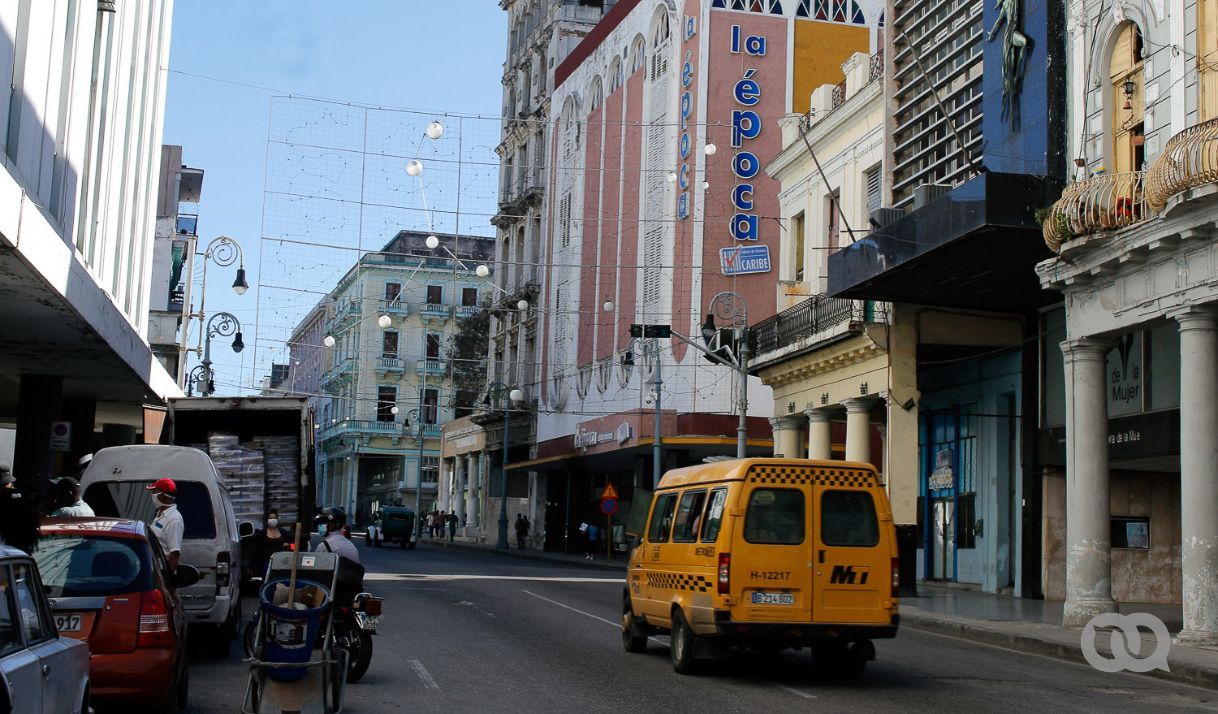HAVANA, Cuba. – Omicron could spread in Cuba with a more aggressive outbreak than the one we witnessed this year, due to the re-opening of its borders to propitiate tourism and the flow of travelers who shop for goods abroad. The Ministry of Public Health (MINSAP) announced new control measures, but those could be insufficient.
Regulations aimed at the United States are specific, which, added to the elevated airline ticket prices, could reduce the enthusiasm for travelers to visit Cuba again. Travelers originating in the U.S. will have to present their full vaccination record. On November 15th, the government announced the sole exceptions: children 12 years of age and younger, and individuals with a certified medical condition that exempts them from being vaccinated. The rest of passengers arriving in Cuba will only have to present a negative PCR test in the event they are not vaccinated.
Originating in South Africa, a country of 60 million people, with a total of 3 million contagions and only 22.5% of the population fully vaccinated, Omicron has spread throughout the southern region of the African continent, where Cuban specialists in various fields conduct work. South African tourists amount to a substantial number of visitors. The variant has been detected in Canada, Spain, Turkey, the United Kingdom, the Netherlands and other European countries that are a source of visitors to Cuba, and are closing their borders. Political interests cannot cloud the obligation to guarantee the security of the Cuban people. The return to normalcy of productive activities, of services and of social events poses a danger because it implies relaxation of health control measures, loosening of precautions on the part of people packed into buses and on endless food lines, as well as end-of-year festivities.
President Díaz-Canel gathered thousands of young people in three rallies aimed at eliciting their political support and their pledge to study and work, at the same time trying to curtail the influence of the demonstrations of July 11th and tame the growing effervescence that grows among social groups as a result of infinite restrictions and rising shortages.
That’s the purpose behind the claims of having greatly reduced all new COVID-19 outbreaks throughout the country as a result of having vaccinated the larger part of the population with the domestic vaccines. The “red scarfs” sit-in by “members of various collectives and civil society leaders” in Havana’s Central Park, as described by president Díaz-Canel in a tweet last November 14th; the rally at the University of Havana’s grand staircase on November 25th, on the eve of the fifth anniversary of Fidel Castro’s death; the concentration and 3-kilometer walk from the university to the monument in honor of the eight medical students executed on November 27, 1871; and other similar activities throughout the country, exposed the generation that spouses “continuity, national identity and the Cuban homeland” to disease, disease sequels and annihilation. We must keep in mind that, in addition to COVID-19, there is a spread of dengue and other infectious diseases in the country for which there are no available medications and no preventive fumigation taking place.
The Omicron variant is highly contagious and requires “urgent action”, according to the health ministers of the Group of Seven, who praised the “exemplary work” on the part of South Africa in detecting it and alerting the world on Monday, November 29th. At the same time, they underlined the strategic relevance of securing access to vaccines and reaffirmed their commitment to donate them, to support scientific investigation and development. They will meet again in December, thus reiterating their commitment to cooperate with the World Health Organization (WHO) and with international partners to share all information about Omicron. However, the WHO reiterated that committed donations will not be sufficient, topped with logistical problems. Only 7% of close to 1.3 billion people in the African continent are fully vaccinated, with another 11% having received only one dosage. Morocco is the exception, with 61% of its population fully vaccinated. Burundi has only 0.0025% of its population vaccinated; the Democratic Republic of the Congo 0.06%; and Chad 0.42%.
MINSAP’s press release, published on November 29th, imposes new control measures on visitors from South Africa, Lesotho, Botswana, Zimbabwe, Mozambique, Namibia, Malawi and Eswatini (formerly Swaziland), all countries in southern Africa. Visitors from those countries must present records of full vaccination, negative PCR-RT administered less than 72 hours prior to travel; a test sample will be taken upon arrival, there will be compulsory quarantine at a hotel set aside for that purpose (lodging and transportation costs to be paid by the individual), and another test to be administered six days after arrival. If the test results are negative, the traveler will be discharged on the seventh day. For countries such as Belgium, Israel, Hong King, Egypt, Turkey and the rest of sub-Saharan countries, same control measures will be enforced with the exception of the compulsory quarantine and the PCR-RT test on the sixth day. These regulations will come into effect on December 4th.
ARTÍCULO DE OPINIÓN
Las opiniones expresadas en este artículo son de exclusiva responsabilidad de quien las emite y no necesariamente representan la opinión de CubaNet.
Recibe la información de CubaNet en tu celular a través de WhatsApp. Envíanos un mensaje con la palabra “CUBA” al teléfono +1 (786) 316-2072, también puedes suscribirte a nuestro boletín electrónico dando click aquí.







